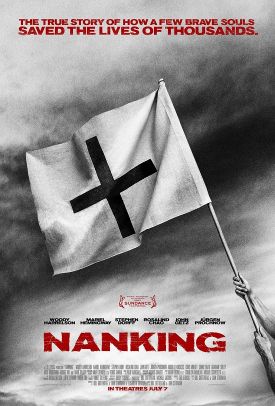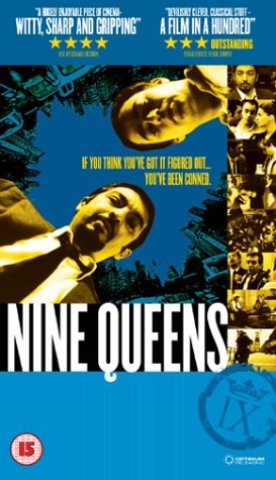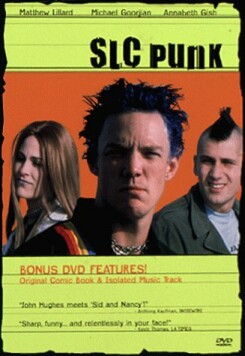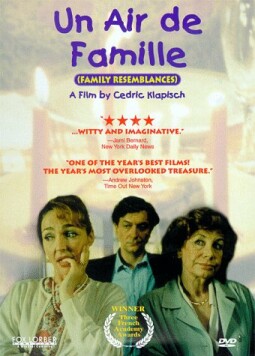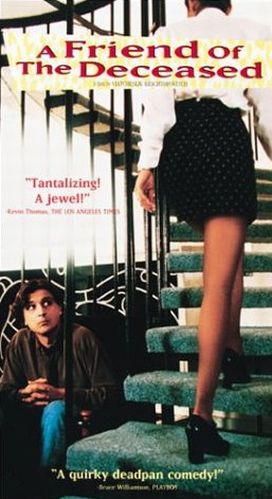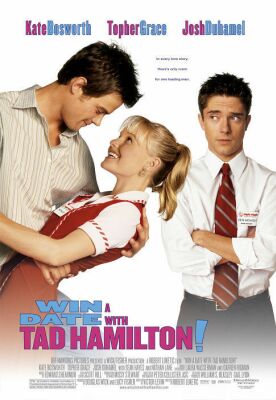Nanking
For me, the most memorable moment of Nanking, the new documentary by Bill Guttentag and Dan Sturman, comes in an interview with a very old man who, in 1937, was a young Japanese soldier — and a self-confessed rapist. Now he says he regrets his rapes — just a few among the thousands which were carried out by him and his comrades at bayonet point on helpless Chinese girls.
“It’s better when you’re both into it,” he says.
I don’t know whether in Japanese his words have the translation’s wildly inappropriate echoes of the hook-up culture of today, but even if they don’t, he is pretty clearly claiming some kind of retrospective self-justification from sexual freedoms that would have been scarcely imaginable at that place and time. Such cold-blooded insouciance is a sort of latter-day equivalent of the plea of Barabas, the title character of Marlowe’s Jew of Malta, in mitigation of the charge of fornication: “But that was in another country, and besides, the wench is dead” — which, probably, the ex-soldier could also have said. Nanking itself stands against such disingenuous efforts to minimize the significance of a horrible crime that is otherwise in danger of being forgotten as the last of both victims and perpetrators die off.
Even the name of the city is retained from the 1930s instead of being updated to the more modern “Nanjing.” It helps to fix in our minds what happened there 70 years ago this week. After the establishment of the Japanese puppet state of Manchukuo in Manchuria in 1931, Japan had sought further to neutralize the power of the weak Chinese nationalist government, which was the only thing standing between it and complete dominance of China. Full-scale war finally broke out between Japan and nationalist forces in July,1937, and by December Japanese troops were at the gates of Nanking, then the Chinese capital. Fleeing Chinese soldiers threw down their weapons and tried to disguise themselves as civilians among the ever-growing refugee population of the city.
Under the pretext of seeking out the hidden enemy, Japanese soldiers burned and looted, murdered and raped their way through the capital for weeks. Estimates of the death toll range up to more than 300,000. The only slight check upon their murderous depredations was the presence there of a number of foreign nationals belonging to then-neutral countries whom the Japanese were mostly scrupulous about leaving unmolested. Many were American missionaries. Messrs Guttentag and Sturman have taken the letters and diaries of a dozen or so of these people, all of whom attempted, often successfully, to intervene with the Japanese authorities to rescue individual Chinese from the rampaging soldiers, and hired Hollywood actors to speak their words to the camera, giving a first-hand account of the massacres.
Among the most impressive of these are Minnie Vautrin (Mariel Hemingway), the dean of a Christian girls’ school who faced down the Japanese and managed to keep her pupils out of the hands of the murderers and rapists, and Dr. Bob Wilson (Woody Harrelson), a Harvard-trained physician who risked his own life to give sanctuary to some of the fleeing Chinese soldiers in the American-run hospital. Another is John Rabe (Jürgen Prochnow), a German businessman who saw his Nazi sympathies as being not only consistent with his humanitarian efforts but useful to them by giving him leverage with the Japanese.
The stories of these Western observers are harrowing enough, but they are intercut with contemporary film footage smuggled out of Nanking by one of the missionaries, George Fitch (John Getz), and interviews with survivors as well as a few of the perpetrators, such as the rapist mentioned above. Not many who see this film will ever forget the emotion with which an old man describes being forced to watch as a Japanese soldier bayoneted his mother and his baby brother, still at the breast, before his eyes when he was seven years old, or the old woman who tells what it was like to be raped when she was only twelve.
Yet on standing back a bit from this emotion, you’ve got to ask yourself just what the film-makers thought they were doing here by putting it up on the screen. At the end they say the film was made not in hatred of the Japanese but as a reminder of “how horrible war is,” and perhaps that’s all you can hope to show by such means. Yet this seems to me a cop-out. It treats “war” almost as a force of nature (or an act of God) and not as a product of human choices that can be both right and wrong. In other words, if war is horrible it is also sometimes necessary. Immediately after these words, there is a card that tells us of George Fitch’s pleas to the U.S. and other Western powers to do something to stop the Japanese atrocities. “But the world stood silent.” You can’t read that otherwise than as a reproach, yet it is also an implicit demand that anti-Japanese forces should have gone to war, horrible or not.
War is horrible all right, but so is the wickedness that war allows some warriors — but not others — to choose. That’s what we need to keep our eye on.
Discover more from James Bowman
Subscribe to get the latest posts to your email.

